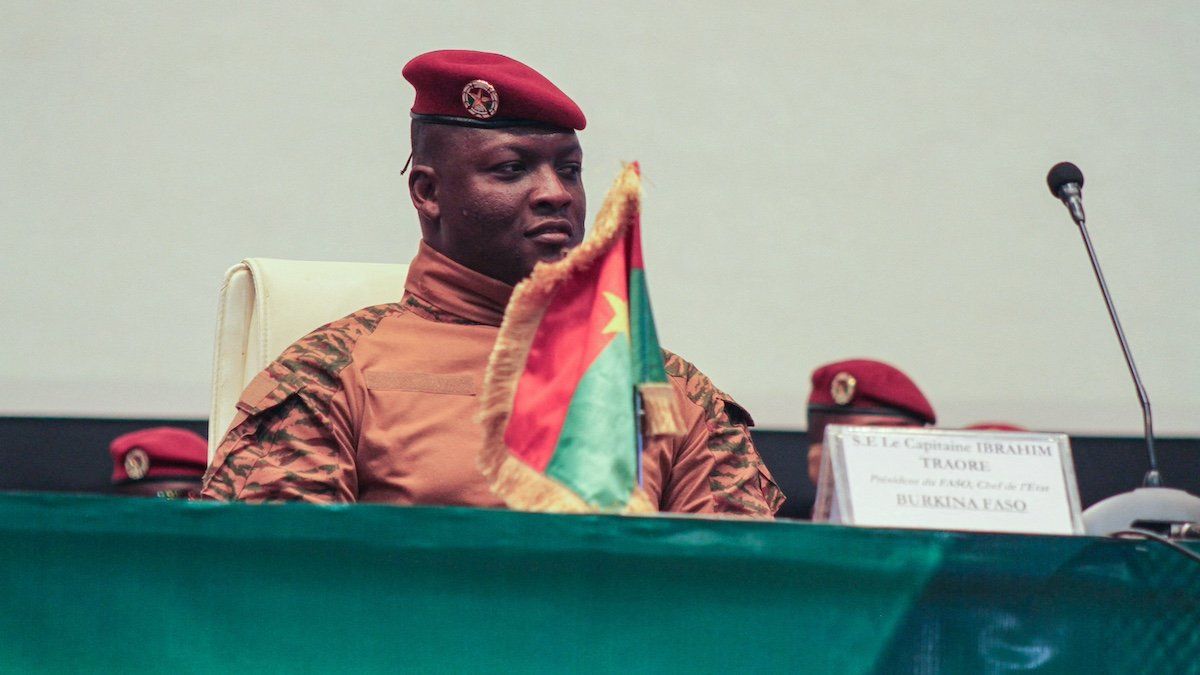3: Junta leaders from Mali, Niger, and Burkina Faso announced Saturday they would form their own international bloc and “irrevocably” turn away from ECOWAS, just ahead of the latter’s summit on Sunday. Burkina Faso’s President Ibrahim Traoré claimed the new alliance would stand up to Western influence in Africa, saying “These imperialists have only one cliché in mind: ‘Africa is the empire of slaves’.”
16: An Israeli attack on a UNRWA school in Gaza killed at least 16 people and wounded 50 on Saturday, according to the Hamas-run Gaza Health Ministry. UNRWA officials said at least 500 people have now been killed while sheltering in its facilities in Gaza, but Israel claims Hamas often uses the facilities as operating bases, essentially positioning civilians as human shields.
100,000: Russian airstrikes on power infrastructure in northern Ukraine left over 100,000 households in the dark on Saturday night. Targeting energy plants and transmission equipment has become a key strategy for Russia in its attempts to damage civilian morale in Ukraine, and the country’s energy utility says it has lost nine gigawatts of power capacity over the last three months — enough to power the entire Netherlands.
947,000: Tesla has officially been added to a list of approved government vehicle purchases in the Chinese province of Jiangsu, the only foreign-owned EV manufacturer on the list. However, the company manufactured over 947,000 cars at its Shanghai factory last year, most of which were sold in China.
6: Greece is
experimenting with a six-day workweek, which allows firms that operate 24 hours a day to schedule employees to work up to eight hours at 40% overtime on the sixth day after a regular 40-hour workweek. They also have the option to spread 40 hours across six 6.5-hour work days. Workers are critical of the new rules, which seem to run against positive experiences some countries have had with four-day workweeks.
